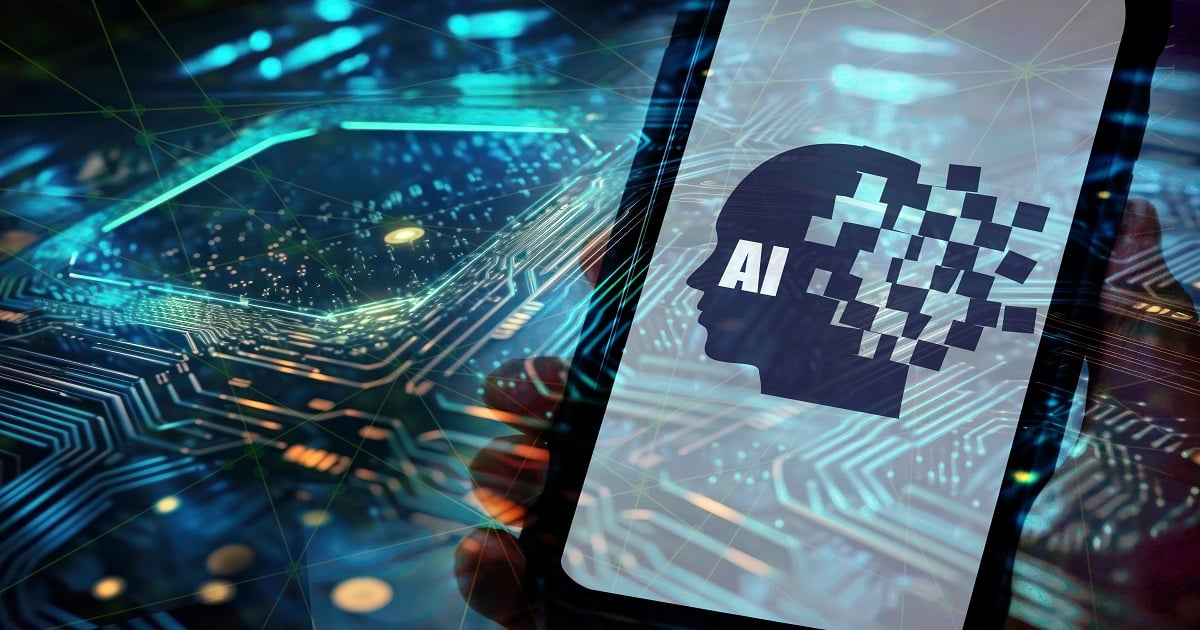
“AI and GenAI are impacting every aspect of the business of learning, and the experience of every learner,” said Gina Jeneroux, chief skills and innovation officer, ORG AI and executive director, Executive Networks. “This includes new opportunities for personalization at scale, accelerated skill development, more immersive experiences, and faster time to market.”
Elaborating a bit on what Jeneroux said, these technologies offer a chance to personalize learning experiences. AI has the capability to tailor course content and delivery to individual needs, while GenAI can create dynamic and engaging learning environments.
Learners also can develop skills faster through personalized feedback and adaptive learning paths. Additionally, AI can create immersive experiences like simulations or virtual reality scenarios, which make learning more interactive and memorable.
A joint study by University of Phoenix and Executive Networks, titled "2024 Generative AI Report: L&D's Breakthrough Moment," provides more insight on the impact of GenAI on the learning and development landscape. Surveying HR leaders and knowledge workers in North America, the report revealed a tale of cautious optimism.
HR and talent leaders are eager to embrace GenAI, particularly within L&D functions. Over half anticipate increased productivity, while nearly half expect improved employee experiences. They see GenAI as a tool to personalize learning, potentially making content more engaging.
However, a confidence gap exists. While receptive to GenAI's potential, only a third of knowledge workers feel confident using it. This gap is wider for women, with 34% expressing a lack of confidence compared to 24% of men.
The study also highlights potential roadblocks. Fear of automation and ethical concerns surrounding GenAI implementation are hurdles. Security also remains a worry.
That makes sense because people do worry that GenAI, automation to be more exact, will replace their jobs. There are also questions about potential bias in GenAI outputs, as these systems are trained on vast amounts of data that may reflect societal prejudices. Additionally, the creative power of GenAI raises concerns about authorship and originality.
GenAI's ability to create realistic content raises security concerns. Malicious actors could potentially use GenAI to generate fake news, propaganda or deepfakes to manipulate people.
Despite these concerns, the report outlines five key actions for talent leaders to maximize the positive impact of GenAI:
- Present practical applications of GenAI tailored to individuals’ functions and jobs.
- Help employees learn the top GenAI tools being used across your organization.
- Equip employees with critical thinking and risk management skills to protect sensitive data and intellectual property and follow safety and security protocols.
- Promote your organization’s employee guidelines for the ethical use of GenAI.
- Offer learning on effective prompt writing to improve effectiveness and speed of results.
These actions likely focus on building trust, addressing ethical considerations and fostering a culture of continuous learning to bridge the confidence gap.
“Learning leaders and HR professionals are uniquely positioned to unlock the potential of AI in their organizations,” said Raghu Krishnaiah, chief operating officer at University of Phoenix. “Successfully leveraging AI, including GenAI, as a tool of engagement, transformation and equity will require vision, advocacy and empowerment by these leaders.”
The long-story short? The research suggests that GenAI presents a transformative opportunity for L&D. However, successful implementation hinges on addressing knowledge worker concerns and ensuring a smooth transition toward a GenAI-powered learning environment.
Edited by
Greg Tavarez





